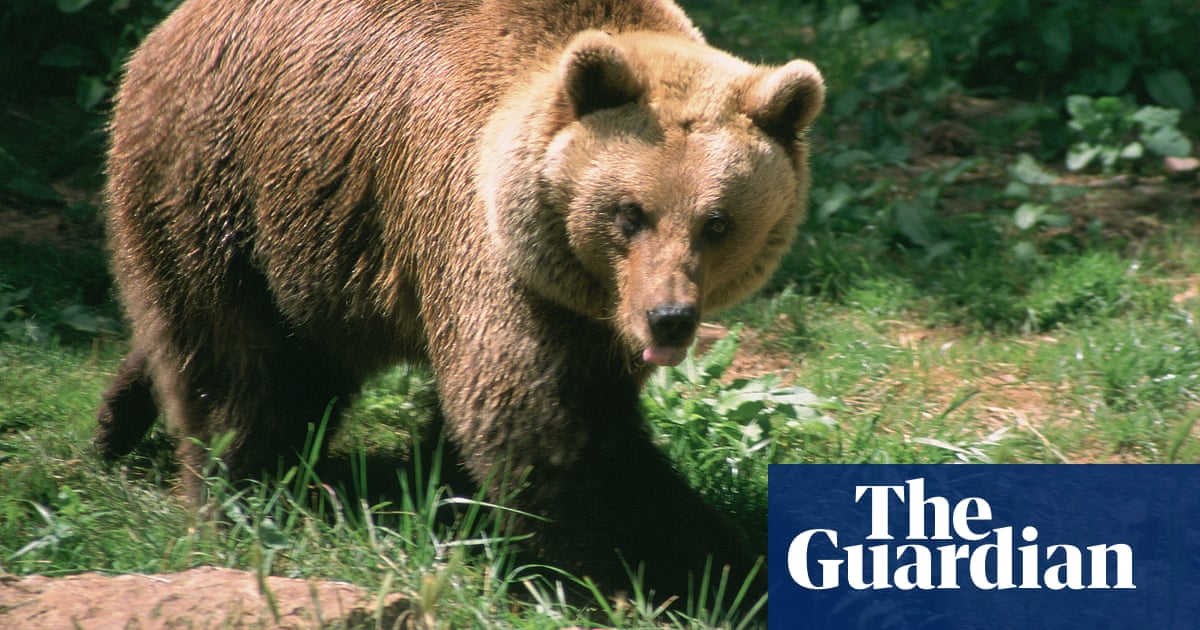An 81-year-old French hunter has avoided jail afterkilling an endangered female bear that attacked him in the Pyrenees in 2021, in an incident that sparked fierce criticism from environmental associations.
The defendant, who said he had no choice but to open fire when a brown bear attacked him while he was boar-hunting in the mountain range separatingFranceand Spain, was given a four-month suspended jail sentence.
The court also fined 15 other defendants who participated in the hunt several hundred euros and temporarily revoked the hunting licences of two of them.
In addition, all 16 defendants will have to collectively pay more than €60,000(£50,900) to the environmental associations that brought the civil suit.
During the March trial in Foix in southern France, the prosecution said that the main defendant and 15 other hunters should not have been in the Mont Valier nature reserve in the first place.
Defence lawyer Charles Lagier had argued that all the defendants should be acquitted, saying that the hunter killed the bear because he had “no other option”.
On 20 November 2021, two bear cubs emerged from the woods in front of the hunter. Then their mother appeared, charging at the man and dragging him for several metres. He shot and killed the animal.
According to the investigation, the bear – nicknamed Caramelles – was killed 400 metres (1,300 feet) outside an authorised hunting area.
When the cubs emerged, “I looked at them with admiration,” the defendant said during the trial. “I made myself very small. Then the mother saw me. Our eyes met, she charged.”
He said he had no choice but to shoot.
“She grabbed my left thigh, I panicked and fired a shot. She backed away growling, she went around me and bit my right calf, I fell, she was eating my leg,” he added. “I reloaded my rifle and fired.”
The defendant “killed a bear because he had no other option; it was necessity. This does not call for criminal charges”, defence lawyer Charles Lagier argued during the trial.
But Alice Terrasse, the lawyer representing several environmental associations at the trial, called for all 16 hunters to be convicted and requested a bear be introduced “to compensate for Caramelles’ death”.
Such an operation would cost €100,000 ($113,000), Terrasse said in March.
Animal rights activists view bears as integral to maintaining a fragile mountain ecosystem under threat from human activity and the climate crisis.
Bears had nearly disappeared from the mountain range before France began a reintroduction programme in the 1990s, importing them from Slovenia.
France’s biodiversity office estimates the Pyrenees are home to between 97 and 127 bears.
The presence of the predator has led to increasing tensions with farmers because of the threat they pose to their livestock.
But for Alain Reynes, of the bear-preservation association Pays de L’Ours, the case offers an opportunity to “help move forward the debate on how hunting and bears can coexist”.
